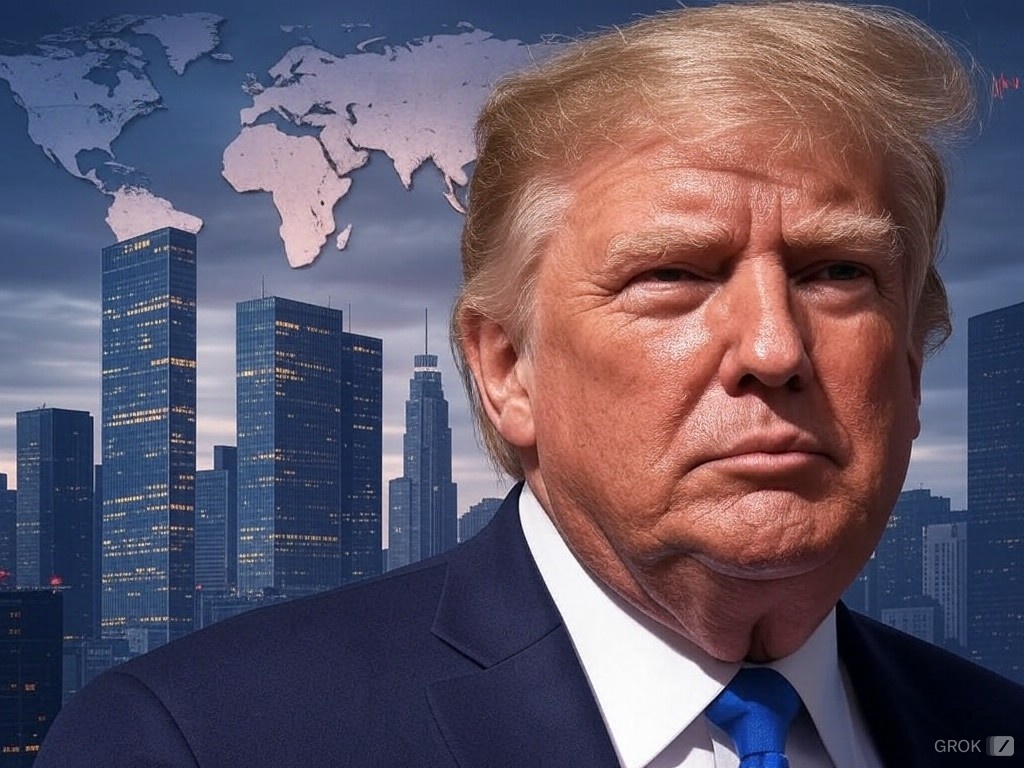Navigating the New Economic Frontier
In the ever-evolving landscape of global economics, several key trends are shaping the future in ways that challenge traditional economic assumptions and practices. As we look ahead, understanding these shifts is crucial for policymakers, businesses, and individuals alike.
Demographic Changes and Labor Markets
One of the most profound trends affecting global economies is the demographic shift characterized by aging populations in developed countries and varying birthrate declines in others. This demographic evolution leads to significant implications for labor markets, with countries like Japan and Germany facing labor shortages while others, particularly in the developing world, experience a youth bulge. The economic strategy now leans heavily on automation and immigration policies to balance workforce demands, yet these solutions come with their own set of challenges regarding social integration and technological displacement.
The Rise of Renewable Energy
The global economy is witnessing a pivot from traditional fossil fuels to renewable energy sources. This shift, accelerated by climate change imperatives and technological advancements, is not just an environmental move but a massive economic realignment. Countries and companies investing in renewable energies like solar, wind, and hydro are positioning themselves at the forefront of future economic powerhouses. This transition promises to redistribute economic power, with new industries emerging around the production of green technology, potentially leading to new economic leaders in this sector.
Technological Advancements and Digital Currencies
Technology continues to be a double-edged sword in economic terms. On one hand, innovations like AI, blockchain, and IoT enhance productivity, reduce costs, and open new markets. On the other, they pose threats to job security and privacy. The advent of digital currencies challenges traditional financial systems, offering both opportunities for financial inclusion and risks like economic instability due to speculative bubbles. The balance here will define the economic resilience of nations.
Geopolitical Tensions and Economic Blocs
The economic landscape is increasingly fragmented by geopolitical tensions, leading to the formation of economic blocs like the BRICS countries, which are attempting to shift away from the US dollar’s dominance. This move towards dedollarization could herald a new era of financial system where multiple currencies or a basket of currencies might dictate global trade. Such a shift would not only affect international trade dynamics but could also lead to a reevaluation of economic strategies at both national and corporate levels.
Inflation, Interest Rates, and Policy Adjustments
Post-pandemic, the world saw a surge in inflation rates, prompting central banks to adjust interest rates in a bid to stabilize economies. This has led to a cautious approach in monetary policy, where the balance between growth and inflation control is delicate. Current trends suggest that while inflation might ease, the era of low interest rates might be over, impacting borrowing, investment, and consumption patterns globally.
The Role of Public Sentiment on X
Public discourse on platforms like X reflects a growing concern over economic stability, with users discussing everything from the implications of digital currencies to the impacts of demographic shifts. This grassroots-level discourse often precedes formal economic shifts, highlighting the need for policymakers to be attuned to public sentiment as a leading indicator.






